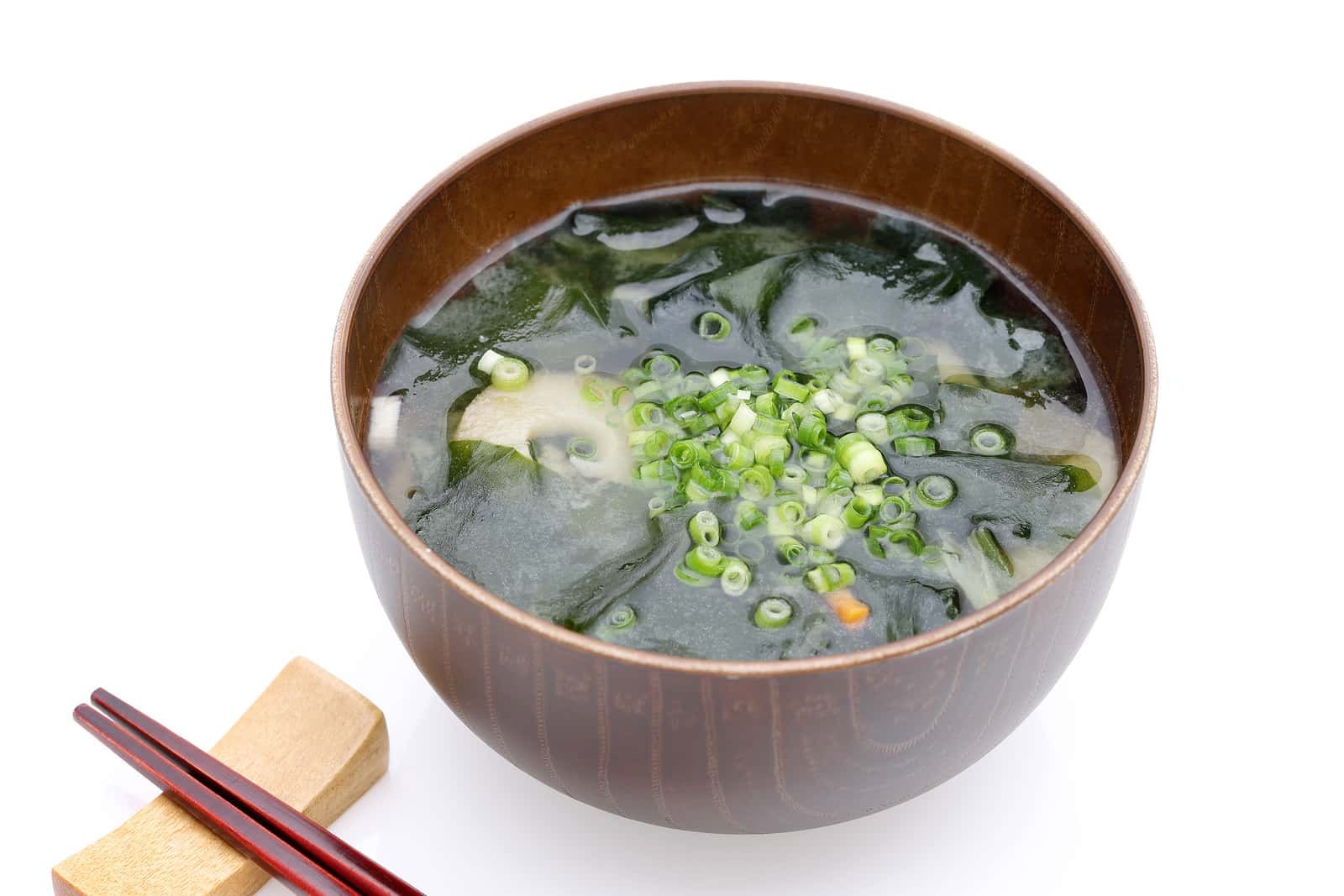
Most Americans don’t eat much seaweed. However, in Japan this is a popular vegetable. Does it have health benefits?
Do Japanese People Protect Their Hearts by Eating Seaweed?
Scientists noted that seaweed contains many components that could be beneficial (American Journal of Clinical Nutrition, online Sept. 13, 2019). Vitamins, minerals, soluble fiber and plant flavonoid compounds all appear to help protect against cardiovascular disease. Other researchers have pointed to the potential of polyphenols from seaweed (Marine Drugs, July 28, 2018). However, no one had studied whether a diet rich in seaweed actually led to fewer heart attacks or strokes.
The researchers utilized data from cohort studies of more than 85,000 Japanese adults to examine the link between seaweed consumption and cardiovascular disease. Consequently, they were able to analyze data from nearly 1.5 million person-years of follow-up. During that time, the volunteers experienced more than 1,200 cases of heart disease and nearly 5,000 strokes.
The Envelope, Please:
Both men and women who ate seaweed nearly daily had a lower likelihood of heart disease than those who ate it rarely. For men, the risk was 24 percent lower. Among women, the risk was a striking 44 percent lower. However, the scientists did not find any connection between seaweed eating habits and the risk of stroke.
Should Americans Consume Seaweed?
Some people might take this as encouragement to begin eating seaweed snacks or even taking pills containing kelp or other popular forms of seaweed. While incorporating some types of sea vegetables into the diet is probably smart, people should avoid going overboard. We have written before about the dangers of taking kelp as an iodine supplement. For some people, this can trigger an overactive thyroid gland that can be risky. Your grandmother probably warned you to embrace moderation. When it comes to eating seaweed, you should follow that good advice.
Citations
- Murai U et al, "Seaweed intake and risk of cardiovascular disease: the Japan Public Health Center–based Prospective (JPHC) Study." American Journal of Clinical Nutrition, online Sept. 13, 2019. https://doi.org/10.1093/ajcn/nqz231
- Gómez-Guzmán M et al, "Potential role of seaweed polyphenols in cardiovascular-associated disorders." Marine Drugs, July 28, 2018. DOI: 10.3390/md16080250

